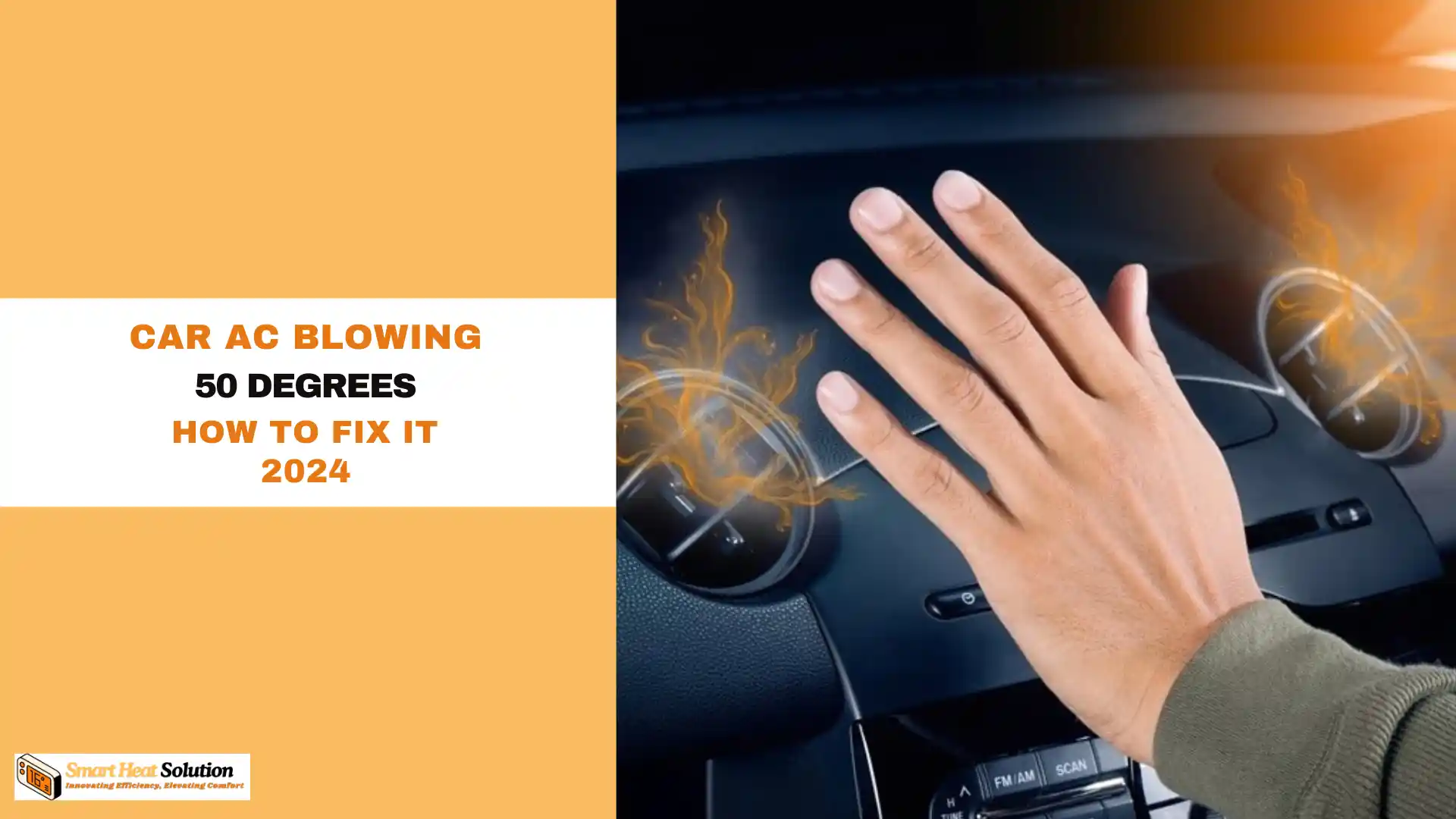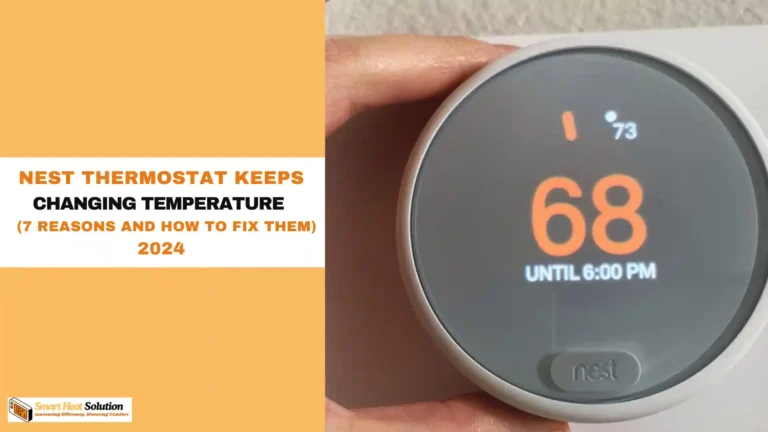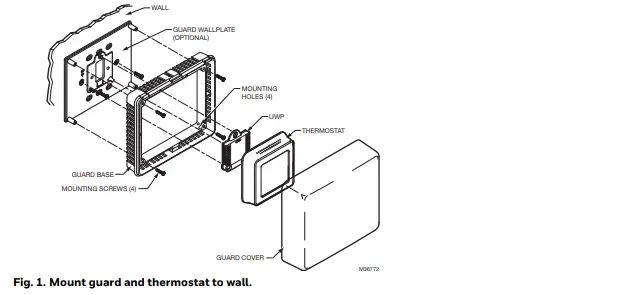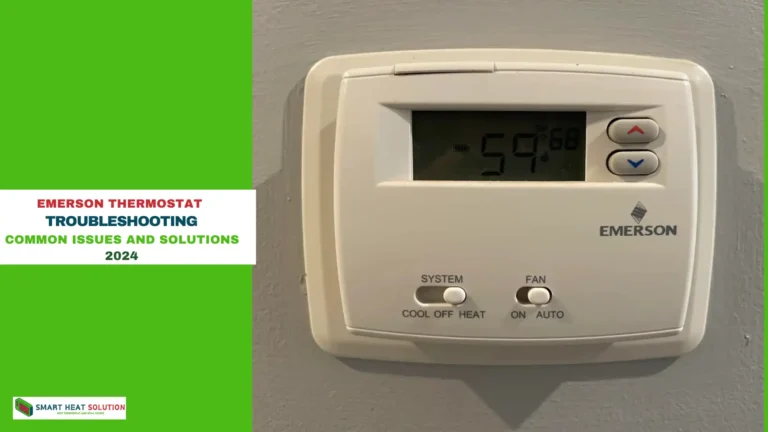Car AC Blowing 50 Degrees (Fixing Guide) 2025

Is your car’s air conditioning blowing a surprising 50 degrees? That might sound cool, but it’s not the refreshing chill you expect on a hot day. If your car AWhen your car AC blowing 50 degrees, it’s a sign of efficient cooling.
But is this temperature ideal for your comfort and your vehicle’s performance?
We break down everything you need to know about car AC systems, optimal temperatures, and how to maintain them.
What Does It Mean When Your Car AC Is Blowing 50 Degrees?
A car AC blowing 50 degrees means the air coming out of the vents is around 50°F (10°C).
This is considered a good temperature range for most car AC systems.
It indicates that your AC is working efficiently to cool the interior.
However, several factors can influence this temperature:
- Outside temperature: On hotter days, the AC may struggle to maintain 50°F.
- Vehicle age: Older cars might take longer to reach this temperature.
- AC system health: A well-maintained system performs better.
Is 50 Degrees the Ideal Temperature for Your Car AC?
Yes, 50 degrees is generally ideal for most drivers.
It provides a comfortable environment without overworking the system.
However, personal preferences and external conditions can affect this.
For example:
- In extreme heat, the AC might need to blow cooler air.
- In mild weather, 50°F might feel too cold for some passengers.
How to Measure Your Car AC Temperature
To check if your car AC is blowing 50 degrees, follow these steps:
- Park your car in a shaded area.
- Turn the AC to the coldest setting.
- Set the fan to the highest speed.
- Insert a thermometer into the vent.
- Wait 5-10 minutes for an accurate reading.
If the temperature is higher than 50°F, your AC might need servicing.
Common Reasons Your Car AC Isn’t Blowing 50 Degrees
If your car AC blowing 50 degrees isn’t consistent, here are possible causes:
1. Low Refrigerant Levels
Low refrigerant is the most common issue.
It reduces cooling efficiency and can cause the AC to blow warmer air.
2. Dirty or Clogged Condenser
The condenser releases heat from the refrigerant.
If it’s dirty, the AC won’t cool properly.
3. Faulty Compressor
The compressor is the heart of the AC system.
A malfunctioning compressor can lead to poor cooling.
4. Leaking AC System
Leaks can cause refrigerant to escape, reducing cooling performance.
5. Electrical Issues
Faulty wiring or blown fuses can disrupt the AC system.
How to Maintain Your Car AC for Optimal Performance
Regular maintenance ensures your car AC blowing 50 degrees stays consistent.
Here’s what you can do:
1. Check Refrigerant Levels Annually
Low refrigerant is a common problem.
Have a professional check and refill it if needed.
2. Clean the Condenser
Remove dirt and debris from the condenser regularly.
This improves heat exchange and cooling efficiency.
3. Replace the Cabin Air Filter
A dirty filter restricts airflow.
Replace it every 12,000 to 15,000 miles.
4. Inspect for Leaks
Leaks can cause refrigerant loss.
Have a mechanic inspect the system annually.
5. Run the AC Regularly
Even in winter, run the AC for 10 minutes monthly.
This keeps the system lubricated and functional.
Expert Insights: The Future of Car AC Systems in 2025
In 2025, car AC systems are becoming more advanced.
Here are some trends to watch:
1. Eco-Friendly Refrigerants
New refrigerants like R-1234yf are replacing older, harmful ones.
They reduce environmental impact without compromising performance.
2. Smart AC Systems
Modern cars feature smart AC systems that adjust temperature based on:
- Outside weather conditions.
- Number of passengers.
- Sunlight intensity.
3. Energy-Efficient Designs
Electric vehicles (EVs) are leading the way in energy-efficient AC systems.
These systems use less power, extending the vehicle’s range.
Statistics: Car AC Performance in 2025
| Statistic | Value |
|---|---|
| Average car AC temperature | 50°F (10°C) |
| Percentage of cars with smart AC | 45% |
| Refrigerant efficiency improvement | 30% (compared to 2020) |
| EV AC energy consumption reduction | 25% (compared to 2023) |
Personal Opinion: Why 50 Degrees Is the Sweet Spot
In our experience, 50 degrees strikes the perfect balance.
It’s cool enough to combat summer heat but not so cold that it strains the system.
For most drivers, this temperature ensures comfort and efficiency.
Actionable Tips to Improve Your Car AC Performance
- Schedule regular maintenance to keep the system in top shape.
- Use sunshades to reduce interior heat when parked.
- Pre-cool your car by opening windows before turning on the AC.
- Avoid overloading the system by setting a moderate temperature.
Image Prompts for Visual Content
- “A car AC vent with a thermometer showing 50 degrees.”
- “A mechanic checking refrigerant levels in a car AC system.”
- “A modern car dashboard with a smart AC control panel.”
- “A comparison of old vs. new car AC systems.”
Conclusion: Keep Your Car AC Blowing 50 Degrees
A car AC blowing 50 degrees is a sign of a healthy system.
By understanding how it works and maintaining it properly, you can enjoy consistent cooling.
With advancements in 2025, car AC systems are becoming smarter and more efficient.
Follow our tips to ensure your AC performs at its best, no matter the weather.
Frequently Asked Questions (FAQs)
How do I know if my AC is working properly?
When your car’s AC is in good condition, you should feel a noticeable drop in temperature, ideally between 40-45 degrees Fahrenheit within minutes of starting the vehicle.
How often should I check the cabin air filter?
It’s recommended that you check your cabin air filter at least once a year, or every 12,000 to 15,000 miles, depending on your driving conditions.
Can I recharge the AC refrigerant myself?
Yes, you can, but it’s important to follow the instructions on the recharge kit closely. If you suspect a leak, it’s better left to a professional.
Is it normal for the AC to blow warm air for a few moments?
Yes, it can happen when initially starting your AC, especially if the outside temperature is extremely high. If it doesn’t cool down in a few minutes, then there might be an issue.
What’s the best way to maintain my car’s AC system?
Regular inspections, changing the cabin air filter, checking refrigerant levels, and keeping vents clear will help maintain your AC’s efficiency.
Is 50 degrees cold for car AC?
No, 50 degrees Fahrenheit is not considered cold for car AC. Ideally, car AC systems should blow air between 35 and 45 degrees Fahrenheit. If your car AC is blowing air at 50 degrees, it may indicate a problem with the cooling system that needs to be addressed.
What temperature should be coming out of car AC vents?
The ideal temperature coming out of car AC vents should be between 35 and 45 degrees Fahrenheit. If the temperature is higher, it may indicate an issue with the AC system.
Why is my car AC blowing slightly cool air?
Your car AC may be blowing slightly cool air due to low refrigerant levels, a malfunctioning compressor, a dirty condenser, or faulty AC controls. These issues can prevent the system from cooling effectively.
How do I know if my car AC needs freon?
Signs that your car AC needs freon include reduced cooling efficiency, the AC blowing warm or slightly cool air, hissing noises from the AC system, and visible leaks or oil around AC components.
Conclusion
Now that you’re armed with knowledge about why your car AC is blowing a frustrating 50 degrees and tips on how to fix it, don’t forget the wise words of car enthusiast and author of several auto maintenance books, Mike Allen:
“A well-maintained vehicle is a happy vehicle.”
Taking proactive steps towards understanding and maintaining your car AC system will not only provide you with comfort during those hot months but also prolong the life of your vehicle. So, keep cool, and happy driving!

I’m Alan William’s, the founder of SmartHeatSolution.com. I am from California, USA, I’m passionate about innovative heating technologies and their impact on our homes and businesses. With a background in electrican and home repair , I aim to make smart, energy-efficient heating accessible to everyone. When I’m not writing, I’m likely interested in all the thermostat brands and their new technnology. Thanks for stopping by!






